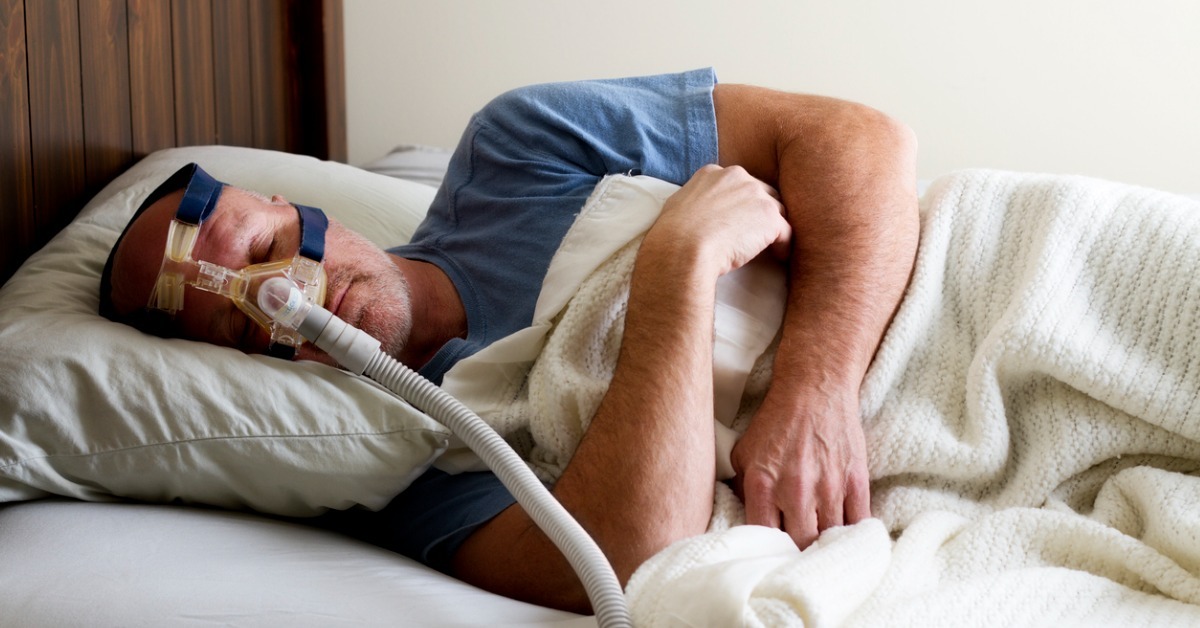
On March 10, the U.S. Food and Drug Administration (FDA) issued an order to Philips Respironics — maker of ventilators, CPAP and BiPAP machines — to notify all patients about their recall of certain respiratory-care machines. Many individuals rely on these machines to assist them with difficulty breathing during sleep due to sleep apnea.
The Philips Respironics recall was originally announced in June 2021; however, to date, many users of the recalled devices remain unaware of the potential life-threatening health hazards associated with them. According to the FDA, which recently completed an inspection of the Philips Respironics plant where the recalled devices were manufactured, the devices may be defective.
Specifically, the devices’ polyester-based polyurethane (PE-PUR) noise-reduction foam may degrade over time, breaking into tiny black particles that could enter the airway of the device and be swallowed by users. The chemicals within the PE-PUR foam can be carcinogenic if inhaled or ingested.
Device users have suffered life-altering, irreversible health conditions, including:
- Kidney (renal) cancer
- Liver cancer
- Lung cancer
- Organ damage, specifically to the kidneys, lungs and/or liver
- Organ failure
- Serious respiratory conditions
Of the 3-4 million recalled devices, roughly 80% are DreamStation continuous positive airway pressure (CPAP) machines, though a number of mechanical ventilator and bilevel positive airway pressure (BiPAP) models also contain the potentially hazardous PE-PUR foam.
What Philips Respironics Products Were Recalled?
The recalled models of Philips BiPAP and CPAP machines include:
- C-Series ASV
- C-Series S/T and AVAPS
- Dorma 400 and Dorma 500
- DreamStation
- DreamStation ASV
- DreamStation Go
- DreamStation ST and AVAPS
- OmniLab Advanced+
- REMstar SE Auto
- SystemOne ASV4
- System One (Q-Series)
The following models of Philips breathing machines and continuous ventilators were recalled:
- A-Series BiPAP A30 and A-Series BiPAP A40
- A-Series BiPAP V30 Auto
- Garbin Plus, Aeris and LifeVent
- Trilogy 100 and Trilogy 200
The FDA Orders Philips to Improve Its Communications
The FDA issued its order upon learning that patients who use the device as well as suppliers of the device were unaware of the company’s recall. The FDA also discovered that many consumers who have already begun the recall process with Philips have so far received insufficient information on next steps.
In a statement, Director of the FDA Center for Devices and Radiological Health Jeff Shuren, M.D., J.D., said:
“Taking this action today enables the FDA to mandate that Philips Respironics improve its communications about the recall and the serious risk posed by the foam used in the recalled products with patients and the public and to ensure that individuals who rely on these essential devices are receiving the important information they need from the company.”
As part of the agency’s order, Philips will be required to provide improved website instructions detailing exactly how users can register their devices to see if they were included in the recall.
Because many product owners who had already initiated the recall process have received insufficient information from Philips, the FDA is also recommending Philips provide monthly updates to any product owner who has registered their device on their site.
Philips has 45 days to meet the FDA’s mandates.
What to Do If Your Respiratory Care Device Was Recalled
Owners of recalled Philips Respironics products should first check to see if their product was included in the company’s voluntary recall. To do this, patients can visit Philips Respironics’ recall website where they can enter their machine’s serial code.
Individuals who have developed cancer or other injuries, including organ damage or failure, due to their use of a Philips Respironics device should report their adverse health event with the FDA’s MedWatch Program.
Additionally, owners of such devices who have developed health issues may be able to pursue compensation through a Philips CPAP recall lawsuit.
